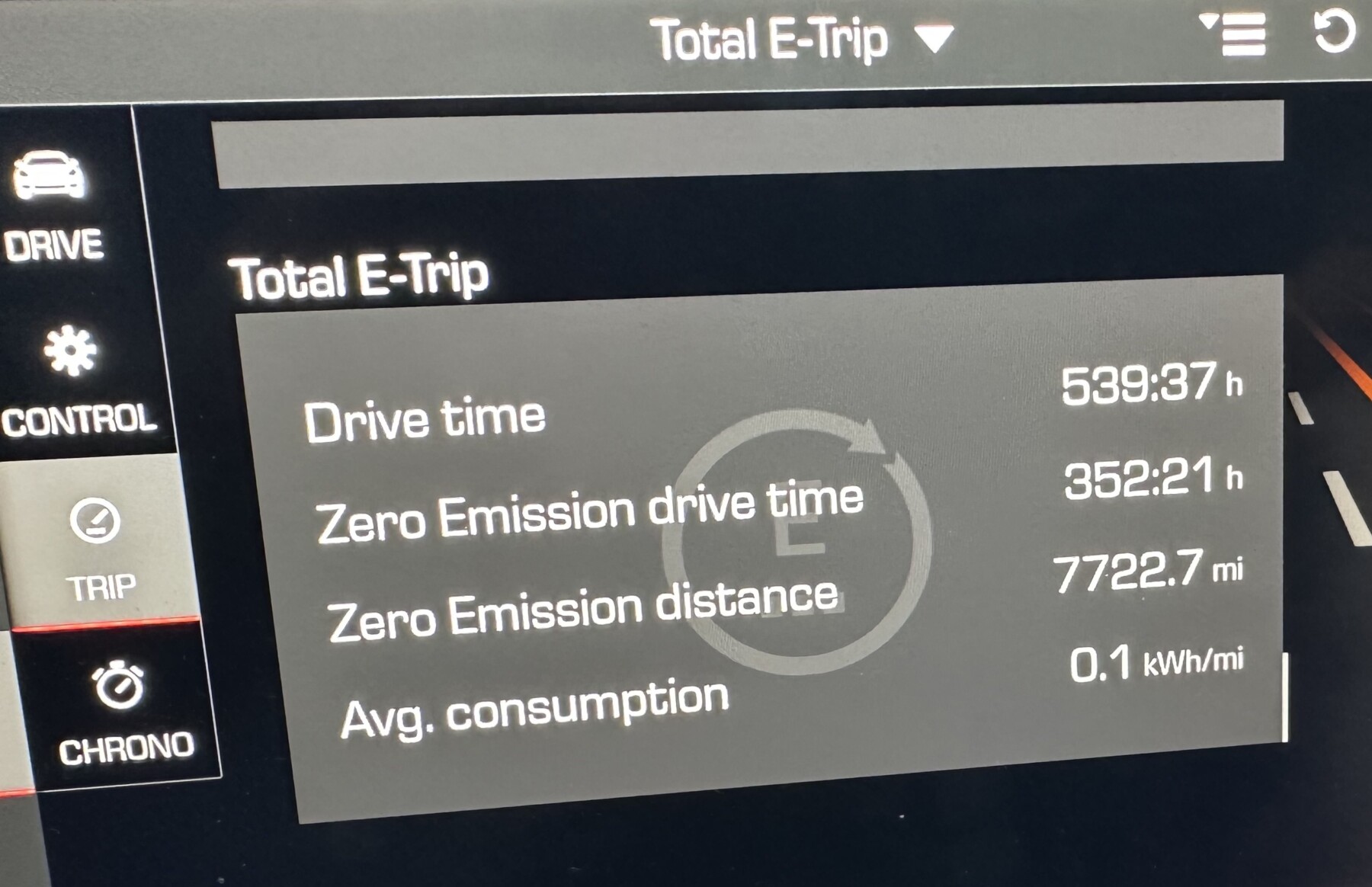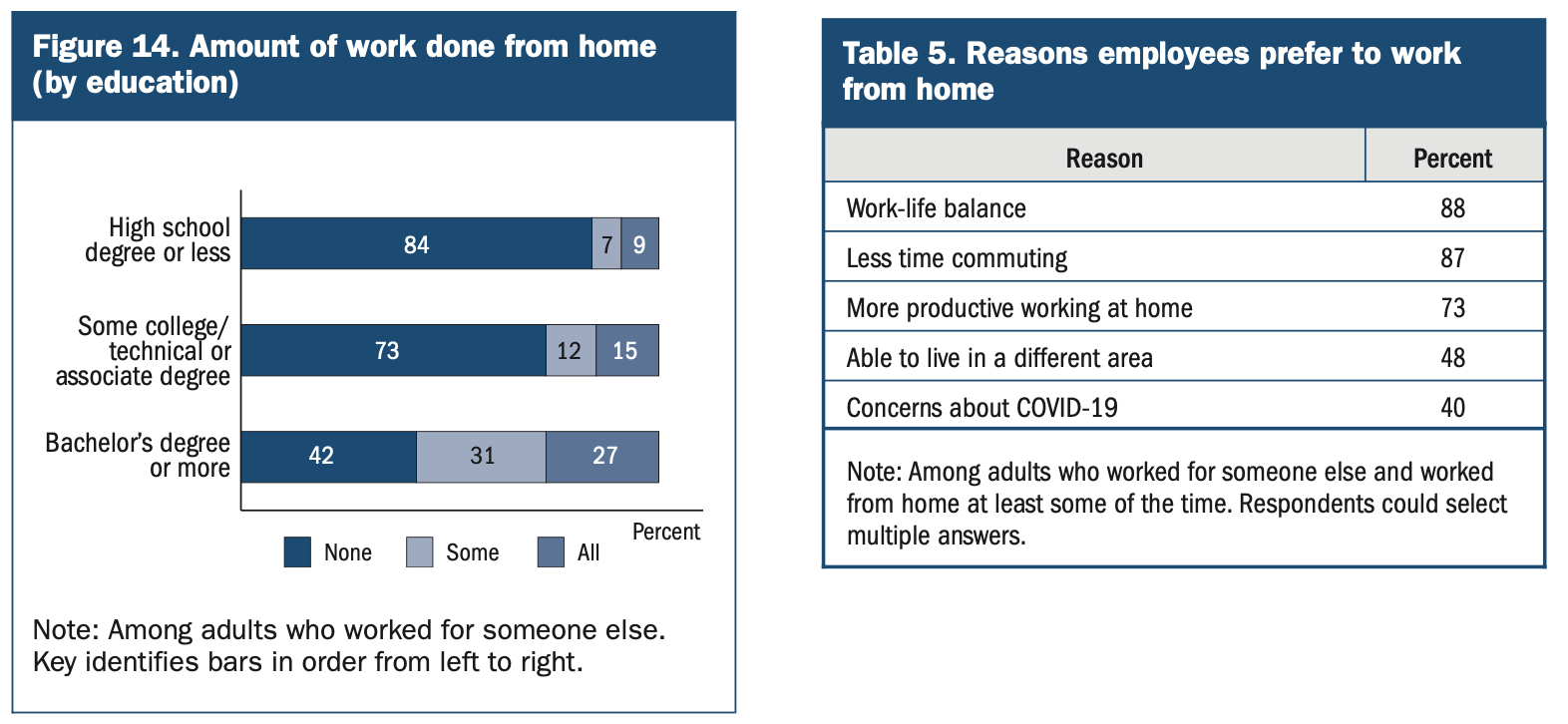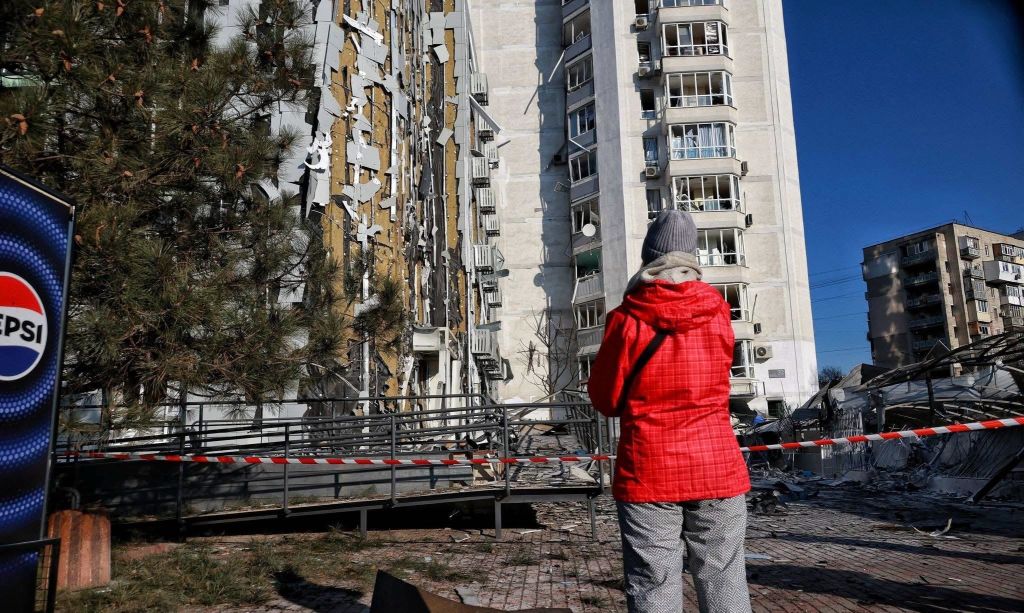OLYMPIA — Shannon Corrick, a grocery store worker from Cheney, Spokane County, had to borrow money from a family member to move in mid-2021 after her landlord said he was raising her rent by $300 a month.
The landlord told her $300 was “what the market will bear,” she said. If she chose a month-to-month option instead of a lease, her rent was going to rise $500 a month.
“Renters aren’t just being squeezed,” Corrick said. “They’re being crushed.”
As Washingtonians across the state grapple with high rents and a shortage of available rental housing, a bill that’s getting airtime in Olympia this week could limit annual rent increases for existing tenants to 5%.
Last year, lawmakers took an ambitious swing at the state’s housing shortage, passing legislation to bar exclusive single-family zoning in many parts of the state and to speed up local permits. On Monday, the House passed a bill requiring cities to allow residential lots to be split and easing regulations on development on split lots.
Such measures, which aim to infuse the state with more housing by smoothing the path for developers, have garnered broad and bipartisan agreement, but measures to stabilize rent have proved more polarizing.
House Republican Leader Drew Stokesbary, R-Auburn, told reporters last week that “solutions like rent control might be a short-term band-aid,” but in the long run, capital to finance new housing would “dry up” and go to other states.
“Instead, we just need to build more housing,” he said.
House Bill 2114 wouldn’t limit rents on the open market, and its supporters say it shouldn’t be described as rent control. Rather, the proposal would prevent existing tenants from seeing increases of more than 5% year-to-year. When a tenant moves out, a landlord wouldn’t face any limits on raising rent for the next tenant.
Bill sponsor Rep. Emily Alvarado, D-Seattle, says the bill has been changed from prior versions to accommodate concerns from landlords, and that rent hikes drive evictions and homelessness.
“Right now, our constituents need action,” Alvarado told her colleagues on the House Housing Committee Thursday. “Seniors and families who are struggling with excessive rent increases need relief. They deserve the reasonable protections that are included in this legislation.”
In a Washington Department of Commerce survey released in January 2023, 77% of respondents said rents were too high. Thirty-nine percent of respondents identified “housing costs/rents” as one of their top two concerns. The other most popular top-two concern, also 39%, was homelessness.
At a packed hearing in the House Housing Committee Thursday on House Bill 2114, renters, advocates and even a couple of landlords urged lawmakers to take measures to slow the rise in rent.
“I’m 66 years old, and I’ve never in my life seen rent decrease,” said Boyd West, who lives in a 1959 trailer in Kenmore. He said he and his wife pay over $1,500 a month to rent the space, an increase of 35.7% over the past three years. (The bill would also limit year-to-year increases for owners of manufactured homes who are charged rent for the land their home is on.)
But opponents, including some landlords, developers, and business groups, argued that measures to limit rent increases could further worsen the state’s severe undersupply of housing. The state Department of Commerce has estimated that Washington will need 1.1 million more housing units over the next 20 years.
“Market forces certainly aren’t perfect,” said Christy Mays, of Detente Management, who testified against the bill Thursday. “But I will say, I think that they bring a lot of value and are better and more competitive in the long run than government limits.”
“Many of the short-term benefits of price controls are outweighed by the longer-term damage to the housing market,” said Morgan Shook, a partner at consulting firm ECONorthwest who produced a report on the impact of price controls on the housing market. “And that damage perpetuates inequities within our housing system that concentrate particularly on lower-income renters.”
Shook told lawmakers the problem is rooted in housing shortages, the proposal doesn’t pinpoint its benefits to those who most need help, and added that supports aimed at low-income renters and direct investment in supply are the best way to support renters in “dire economic distress.”
Alvarado told her colleagues on the committee that zoning regulations, permitting delays and barriers to financing would affect the housing supply more than the bill’s provisions to curtail rent increases. And under the proposal, landlords with new units under 10 years old would be exempt from the 5% cap.
Washington rents went down in the third quarter of 2023, by about 0.5%, according to data from the Center for Real Estate Research at the University of Washington. But they have risen dramatically in the past decade: According to Center data provided by advocates for the proposal, in the fall of 2011, statewide average rent was $952. In the fall of 2022, it was $1,866.
Alvarado said the legislation had been changed from prior versions to accommodate concerns from landlords. They designed a flat 5% cap because of feedback that tying increase limits to the Consumer Price Index would be too hard to track and unpredictable.
House Bill 2114, and its companion, Senate Bill 5961, sponsored by Sen. Yasmin Trudeau, D-Tacoma, would also set a $10 cap on late fees. If a landlord wants to raise rents by 3% or more, a landlord must give their tenant six months’ notice and the tenant can break their lease and move.
Under the bill, month-to-month renters couldn’t be treated differently from fixed-term leaseholders when it comes to the levels of rent and fees, and move-in fees must be equal to or less than one month’s rent. Fees would also count as rent when calculating the percentage increase.
The bill would also require the state Commerce Department to create an online resource center for landlords with information about programs like the state’s damage relief program for landlords.
















